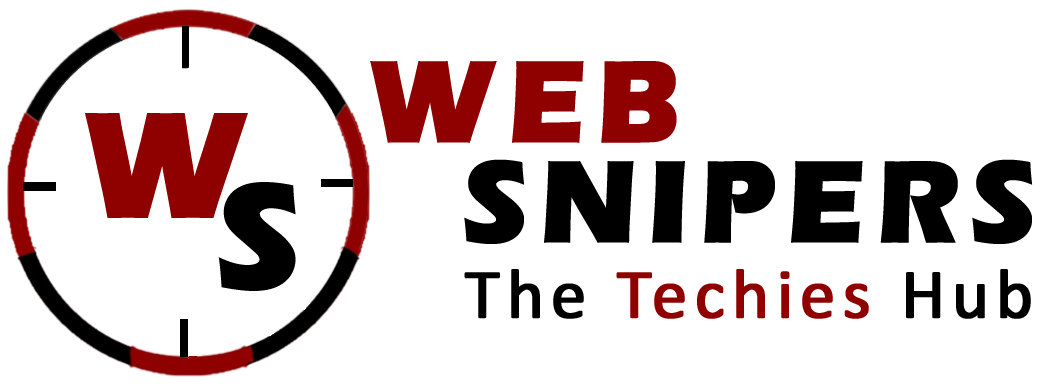How Do I Prepare For A Data Scientist Interview?

Recently, a team of data science consultants we had extraordinary opportunities to attend for future class data scientists at Galvanize Seattle. It was very pleasant and we met many developers of former software and IT specialists. A student who came to hear the conversation named Rebecca Njeri. He has no background in software engineering. However, he clearly adapted well with the new world. In fact, for one of its projects it uses company data to create a prediction model of recidivism among former prisoners using a supervised learning model.
We love the fact that the project is not only technically challenging, but it is directed to a greater purpose than selling posters or keeping customers out of your telecommunications plan! He also raised his experience interviewing the role of Data Science Online Training in Microsoft and other large companies and how it taught it so much. We want to share what he learned so we asked if he would write a guest letter! And he said yes! So without further Ado, this is him
Table of Contents
How To Prepare Data Science Interviews:
If you are here, you may already have a scientific interview data scheduled and look for tips on how to prepare it so you can destroy it. If it’s the problem, congratulations to pass the first two stages of the recruitment pipe. You have sent your application and resume, and may do a home test. You have been offered an interview and you want to make sure you are ready to blow your interviewer’s mind and go with a job offer. Below are tips to help you prepare a technical telephone screen and interview in place.
Read Job Descriptions For Certain Positions You Interviewed
The role of data scientists is still quite new and its responsibilities vary greatly in industry and cross-firms. Look at the necessary skills and responsibility for certain positions that you are applying for. Make sure the majority of these are the skills you have, or want to learn. For example, if you know Python, you can easily learn R if it is a language that is used by the company X. Do you care about scraping the web and checking web pages to write web crawlers? Does the text analyze using different NLP modules excites you? Do you most want to write a query to draw database from SQL and NOSQL databases and analyze / build models based on this data? Arrange yourself to succeed by utilizing your strengths and interests.
Review Your Resume Before Each Stage Of The Interview Process
Most interviews will begin with questions about your background and how to meet your position for that position. Having these things at the end of your fingers will allow you to make it easier for you to interview calmly because you won’t grope for answers. Use this time to calm your nerves before the technical question starts. In addition, review your project and be prepared to talk about the scientific process of the data you use to design your project. Think about why you choose the tools you use, the challenges you meet along the way, and the things you learn along the way.
Look At The Glassdoor For The Previous Interview Question
If you are interviewing the role of data scientists in one of the larger companies, chances are they have interviewed others before you, who might have shared these questions in Glassdoor. Read them, complete, feel the questions you will ask. If you cannot find the previous question for certain companies, complete data science questions from other companies. They are similar, or at least, correlated.
In addition, even if there are no questionname questions for certain companies, see what type of behavioral questions are requested.
Request A Recruitment About The Structure Of The Interview
Recruiters are often your contact points with the company you interviewed. Ask for recruitment questions about how your interview will be structured, what resources should you use when preparing for your interview, what should you wear in the interview, and even the names of your interviewers so you can follow them on LinkedIn and see their field of specialization. This in turn will give positive results.
